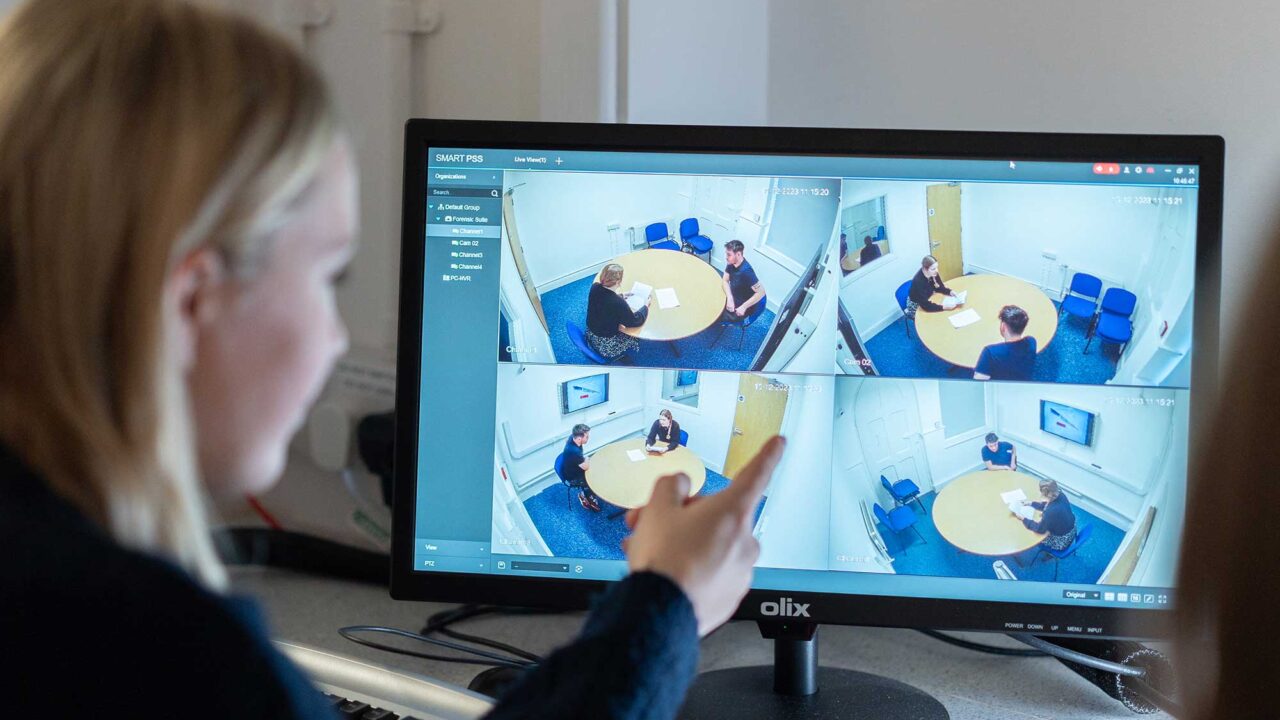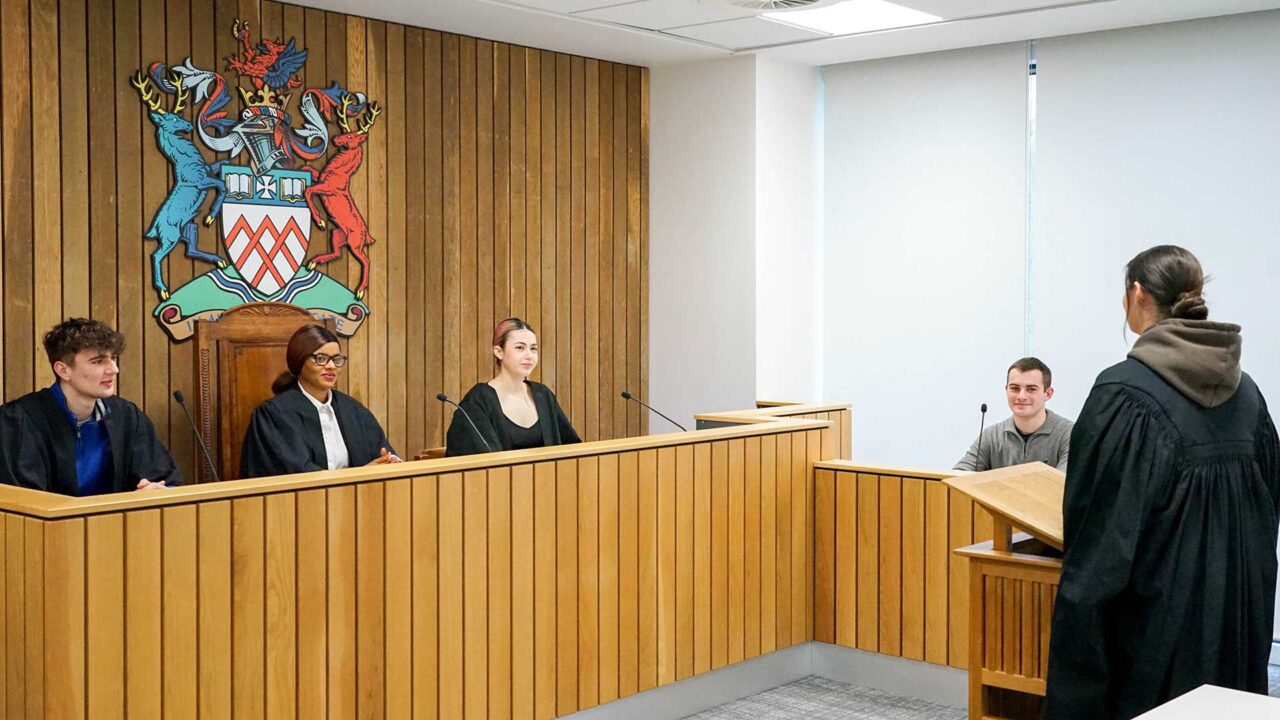Placements
In your second year you’ll gain professional experience by doing a mini-placement, either with an outside organisation or with one of our staff members. In your third year, you’ll have the option to do a longer placement to get further professional experience.
We have links with many external organisations working with offenders and victims of crime, such as prisons, Victim Support and Circles South West.
At the beginning of the academic year, the Student Futures teams organises an opportunities fair, where relevant organisations come to talk about the placement opportunities they offer.

Trips
In your first year you’ll visit a prison museum, such as Shepton Mallet prison. These are prisons that used to be working prisons but have closed in the last few years. This trip will allow you to feel what it is like to be inside a prison and the challenges of being a prison psychologist.
Other trips are sometimes organised in the second and third year as part of certain modules. For example, students taking the Clinical Psychology optional module have visited Cheltenham General Hospital, where they heard clinical psychologists presenting some of their cases.

Experiences
In your first year, as part of the ‘Crime Scene to Court’ module, you’ll be able to experience the process of collecting evidence at a crime scene, as well as present evidence in court.
Throughout the degree you’ll have modules that include students from psychology, criminology and policing, allowing you to hear alternative perspectives and create connections with students outside your degree. In addition, you’ll have the opportunity to take part in away days and events. From writing workshops to poster days, these activities give you a chance to bond with your fellow students and build your confidence in your own work.
We also regularly organise panels with external speakers, such as alumni and careers panels. Alumni panels are an opportunity to meet students that have already graduated and to hear about their journey after graduation. Careers panels are an opportunity to hear the top tips from professionals working in different areas of the criminal justice system.



















; ?>)